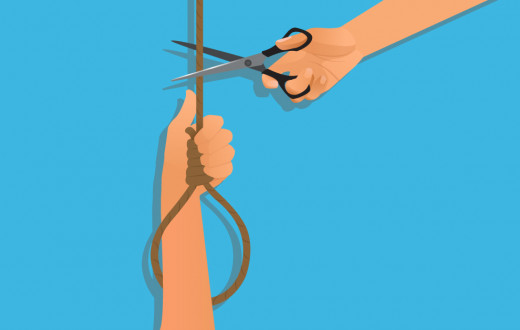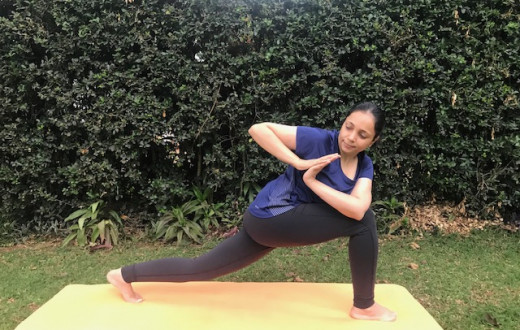There is nothing I can say that hasn’t been said before about being in your youth. You, my reader, may be much older than me and would know a thing or two more than I do. You’ve been my age, you’ve seen many a day. So, what insight am I going to provide you?!
Perhaps just an honest glimpse into my mind. 20-something and navigating through a Pandemic.
We often forget that the world is moving with us simultaneously, and tend to forget to move with the world.
My Teenage Experiences
I as a teenager never imagined that I would spend my 20’s behind closed doors, unable to travel and explore what the world has to offer. Education, love life, job hunting, the rules for everything have changed. The uncertainty, not having a manual to this new world, and having to navigate through it alone at least in one sense has been stressful.
Besides, I grew up watching coming of age sitcoms and movies where young adults discovered themselves as they turned 20. That opportunity for self-discovery in reference to the world seems to be lost in this pandemic. Social media is flooded with standards I unconsciously aspire to achieve, but how do I cope with what I don’t? I suspect these are not just my questions and a whole generation that grew up on social media will relate.
The pandemic has made most of us adults a little too fast. We experienced the wrath of the Pandemic first hand. Most of us understood what survival of the fittest meant, physically, mentally, emotionally and financially. We came face to face with the ugly part of life, in a way our parents perhaps never did.
And all of it took a toll on us.
What is the New Reality !
It would be unfair to write about mental health without taking into account our new reality. Some of us found ways to cope and some of us are still figuring it out. We all want to look out for the people that we love. So, if you are a parent, a friend, a neighbour or teacher and someone close to us is struggling with their mental health what can we do to help? Here are six things that help me.
Ask, “How I can help?” The question itself is a great place to begin. Ask without seeming too eager for information. Ask from a place of concern and with an open mind.
Be willing to listen. Listen without judgment and emotions. Hear what the person has chosen to share with you.
Unless asked, don’t provide a solution. Not everyone wants answers. Sometimes we want someone to just hear us out!
If you’re asked or you seem to think something might help, guide them to someone qualified to help.
Be kind. If someone chooses to share their vulnerabilities with you, be respectful and kind.
It may be simple, but simple is most doable. If you are reading this and you are a parent, and you are not sure how to talk or offer help to your child who may be battling mental health issues, don’t shy away from asking how you can be there for them. It may be the first of many conversations you have on this. I have much hope that together you will find the right solution.

Written by:
Tanvi Waghray, 22. I’m a User Experience Designer based out of Bangalore. I meditate, bake and design!

















